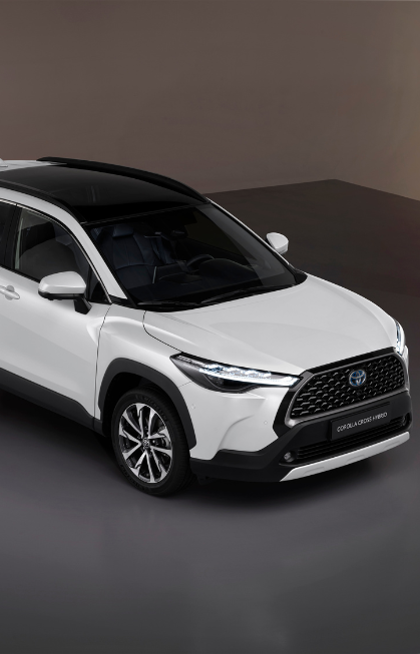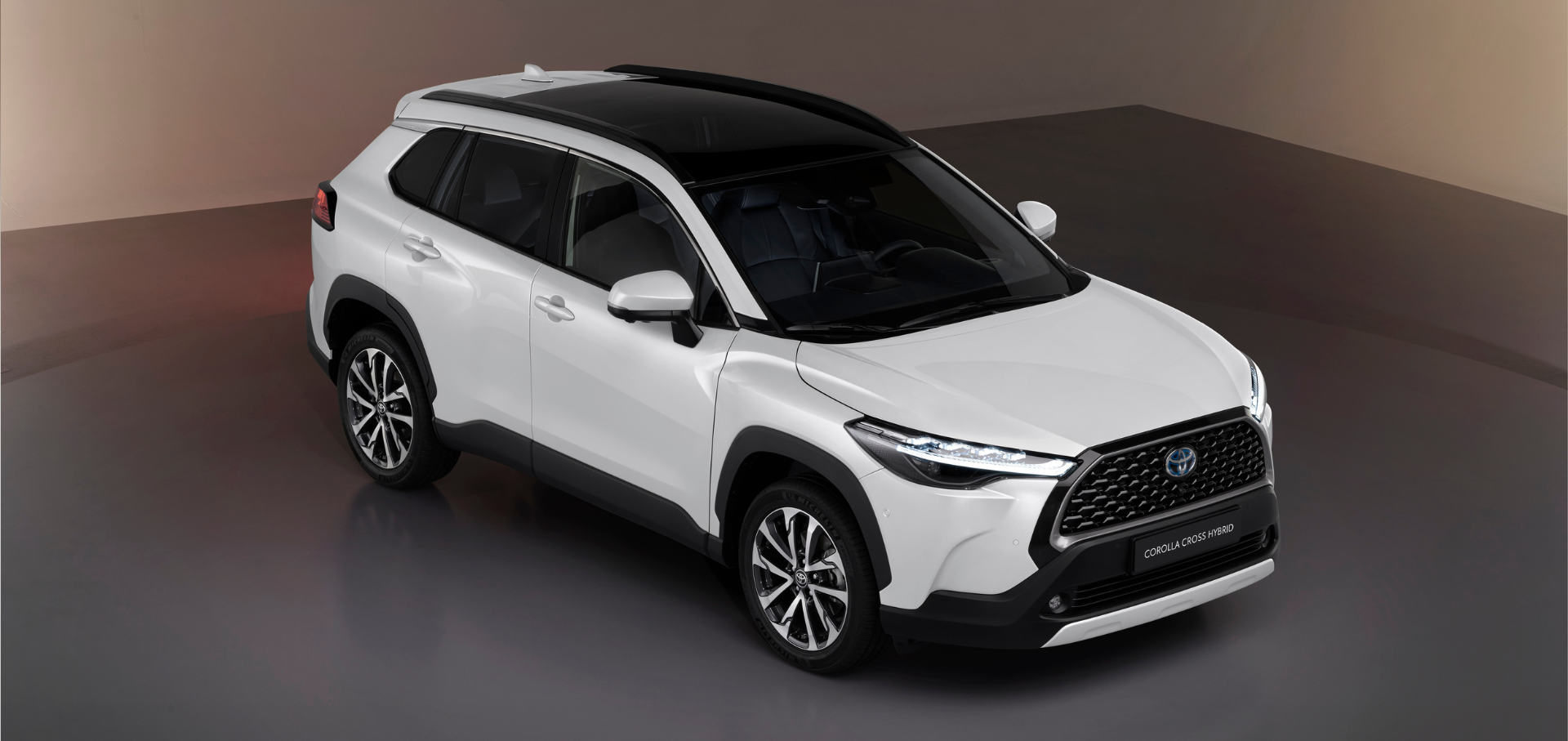



When faced with the decision between a petrol SUV and a hybrid SUV, understanding the key differences and benefits of each type is essential for making an informed decision. This comprehensive guide explores the advantages of hybrid SUVs, including better fuel efficiency, reduced environmental impact, and lower maintenance costs, in contrast to the traditional petrol SUV. This guide aims to provide potential buyers with the crucial insights needed to choose the vehicle that best aligns with their needs and preferences in Hong Kong.
Petrol SUV vs Hybrid SUV
Understanding the differences and advantages of each type can guide potential buyers in making an informed decision.
Benefits
Performance and Driving Experience: Hybrid SUVs combine the capability of an SUV with the fuel efficiency and eco-friendliness of a hybrid. They also have better power and thus better acceleration than Petrol SUVs.
Environmental Impact: Hybrid SUVs reduce environmental impact by using a combination of a gasoline engine and an electric motor. They produce lower emissions and better fuel efficiency, making them ideal for eco-conscious consumers in Hong Kong.
Fuel Efficiency
Cost Savings: Increased fuel efficiency leads to substantial cost savings. Hybrid SUVs typically incur significantly lower annual fuel costs compared to traditional SUVs. Over time, these savings can offset the higher initial purchase price of a hybrid SUV.
Maintenance Costs
Frequency of Maintenance: Hybrid SUVs generally require less frequent maintenance due to reduced wear on the gasoline engine and components. Regenerative braking systems also extend brake life.
Cost Comparison
Initial Purchase Price: Hybrid SUVs typically have a higher starting price due to advanced technology and components. For example, the 2024 Toyota Corolla Cross Hybrid starts from HKD319,998 compared to the non-hybrid version from HKD269,220.
Total Cost of Ownership: Despite the higher upfront cost, the total cost of ownership for hybrid SUVs can be lower. Factors such as fuel savings, reduced maintenance costs, and potential tax incentives can offset the initial price premium. Analyzing depreciation, fuel costs, maintenance, and insurance helps determine overall cost-effectiveness.
Hybrid SUV Specifications for Different Needs
The Best Hybrid SUV for Large Families in Hong Kong
Best Fuel Economy: Technological innovations like regenerative braking and high-efficiency electric motors enable hybrid SUVs to maximize electric power use and minimize gasoline reliance, significantly improving fuel economy.
Affordable Options: Budget-friendly hybrid SUVs such as the Toyota Corolla Cross and Toyota RAV4 offer a blend of fuel efficiency, features, and value. Long-term cost savings from fuel efficiency and potentially lower maintenance costs also make them a wise investment.
Top Safety Features: Leading hybrid SUVs are equipped with advanced safety technologies like Brake Assist System, Vehicle Stability Control System and Traction Control System.
In conclusion, choosing between a petrol SUV and a hybrid SUV involves considering multiple factors. Hybrid SUVs offer significant advantages, including enhanced fuel economy, lower emissions, and reduced maintenance needs, making them an attractive option for eco-conscious consumers. However, petrol SUVs still provide reliable performance and can be more affordable upfront. By thoroughly evaluating these aspects, potential buyers can make an informed decision that best suits their lifestyle and financial situation. For more information on Toyota Hybrid SUVs, visit the Toyota Hong Kong website and book a test drive now!
BOOK A TEST DRIVE NOW |